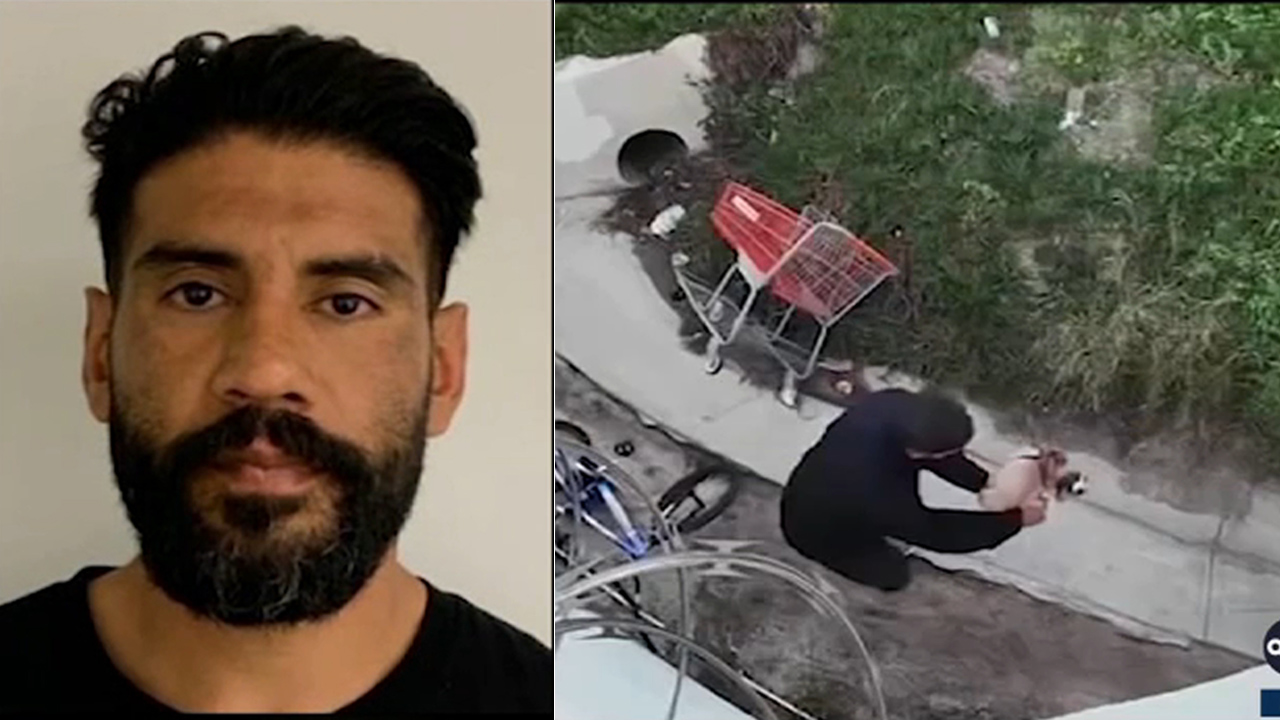Protesters march against Dakota Access Pipeline at Pershing Square
DOWNTOWN LOS ANGELES (KABC) -- Southern California protesters in downtown Los Angeles on Sunday joined cities across the country to rally against the continuation of the Dakota Keystone and Dakota Access Pipeline, as well as the travel ban.
Demonstrators gathered at Pershing Square. The goal was to meet at 5th and Olive streets at 10 a.m. and march to the Federal Building at about 11:30 a.m.
The demonstration is over the Trump administration's executive order fast-tracking the Dakota Access Pipeline and the Keystone XL Pipeline.
North Dakota regulators were weighing evidence presented at a hearing to determine whether the developer violated state rules regarding reported Native American artifacts found near the construction site.
In L.A., the fight for awareness is strong, and activists said thousands signed up for the demonstration.
Volunteers said the push is peaceful. And the man behind Sunday's march said he doesn't believe the protest will stop the pipeline from being built, but if activists begin to divest themselves from companies profiting from projects like these, change will happen.
"We want to be able to stay focused on the things that are important, not just showing up and attending rallies, but also being able to reach out to representatives -- inundate them with phone calls if we need to, work to get bad legislation blocked...," he said.
There have been months of protests by the Standing Rock Sioux tribe and their supporters. Still, about 500 people were camped out in North Dakota, arguing that the project would contaminate drinking water and damage sacred burial sites.
A few days ago, those protesters were told to relocate part of their campsite because of flooding concerns in that area.
The proposed $3.8 billion pipeline, once finished, would span four states.




